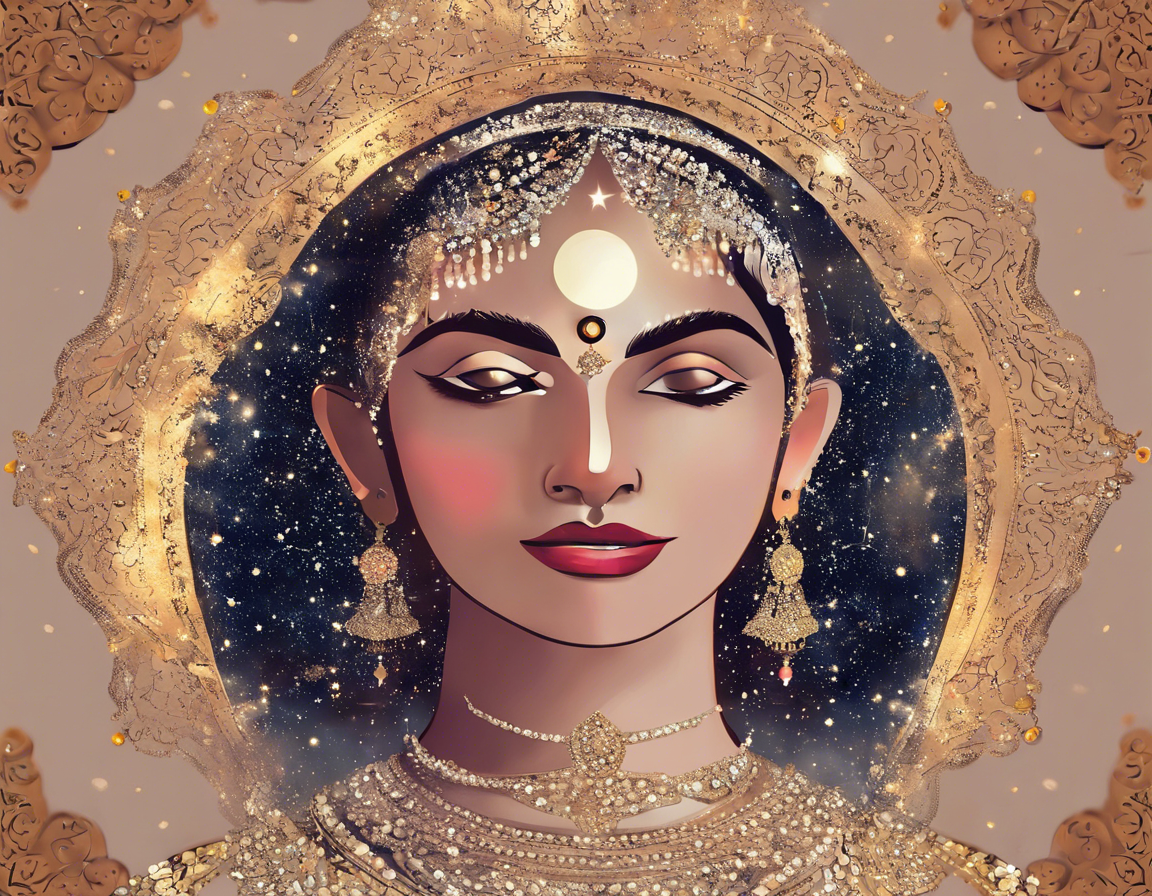
Chand Kab Niklega 1 November 2023: Everything You Need to Know
Introduction
The rare celestial event known as Chand Kab Niklega is a phenomenon where the moon rises early in the evening, marking the onset of the Islamic month of Muharram. The date of Chand Kab Niklega varies each year due to the lunar calendar. In the upcoming year, 2023, Chand Kab Niklega will occur on 1st November. This event holds great significance for Muslims around the world as it marks the beginning of the month of Muharram, which is one of the four sacred months in the Islamic calendar. In this article, we will delve into everything you need to know about Chand Kab Niklega on 1st November 2023.
The Significance of Chand Kab Niklega
Chand Kab Niklega holds a special place in the hearts of Muslims as it signifies the start of a new sacred month and is a time for reflection, gratitude, and spiritual renewal. The sighting of the new moon is crucial for determining the beginning of the month of Muharram and setting the dates for important events such as the fasting of Ashura. The Prophet Muhammad (peace be upon him) encouraged his followers to observe the sacredness of this month through fasting, prayer, and acts of charity.
How to Determine the Date
The exact date of Chand Kab Niklega can vary depending on the geographical location and weather conditions. Islamic scholars often rely on local moon sighting committees or astronomical calculations to determine the exact date of the new moon. In some regions, the sighting of the moon with the naked eye is considered the most authentic way to confirm the beginning of the new month.
Rituals and Traditions
On the evening of Chand Kab Niklega, many Muslims gather to witness the first sighting of the new moon. This tradition has been passed down through generations and holds a special place in Islamic culture. Families and communities come together to offer prayers, recite Quranic verses, and break their fast together to mark the beginning of the month of Muharram.
Importance of Muharram
Muharram is considered a sacred month in Islam and holds great significance for Muslims worldwide. It is a time for mourning and reflection, particularly for the Shia community who commemorate the martyrdom of Imam Hussein, the grandson of Prophet Muhammad (peace be upon him), during the Battle of Karbala. The 10th day of Muharram, known as Ashura, is a day of fasting and remembrance, where Muslims reflect on the sacrifices made by Imam Hussein and his followers.
Frequently Asked Questions (FAQs)
-
Q: What is the significance of Chand Kab Niklega in Islam?
A: Chand Kab Niklega marks the beginning of the month of Muharram, a sacred month in the Islamic calendar. It is a time for reflection, gratitude, and spiritual renewal. -
Q: How is the date of Chand Kab Niklega determined?
A: The date of Chand Kab Niklega is determined based on the sighting of the new moon, which can vary depending on geographical location and weather conditions. -
Q: What are some rituals and traditions associated with Chand Kab Niklega?
A: Muslims gather to witness the first sighting of the new moon, offer prayers, recite Quranic verses, and break their fast together to mark the beginning of the month of Muharram. -
Q: Why is Muharram considered a sacred month in Islam?
A: Muharram is a time for mourning and reflection, particularly for the Shia community who commemorate the martyrdom of Imam Hussein during the Battle of Karbala. -
Q: What is the significance of Ashura, the 10th day of Muharram?
A: Ashura is a day of fasting and remembrance, where Muslims reflect on the sacrifices made by Imam Hussein and his followers during the Battle of Karbala.
In conclusion, Chand Kab Niklega on 1st November 2023 marks the beginning of the sacred month of Muharram in the Islamic calendar. It is a time for Muslims to come together, reflect on their faith, and observe important rituals and traditions. The significance of this celestial event goes beyond just the sighting of the new moon; it serves as a reminder of the importance of spirituality, unity, and remembrance in Islam.
